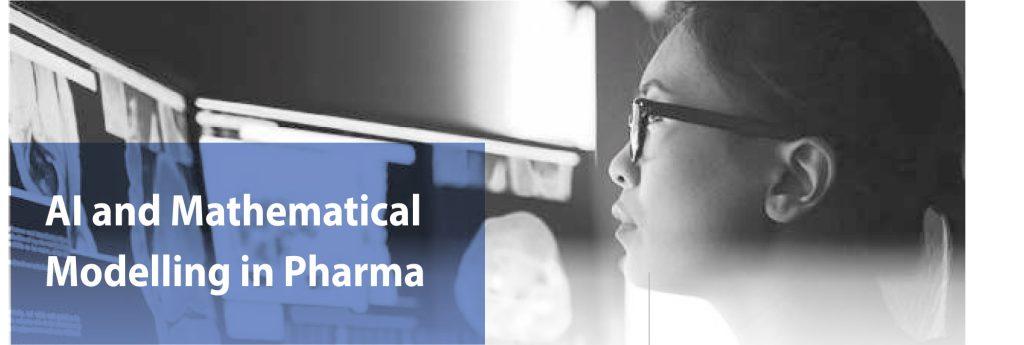
The webinar by MathWorks covered important and relevant topics: How to hybridize data from many data streams; optimize pharmaceutical production through process engineering; perform modeling and simulation for drug discovery and development; design, implement, and deploy code to control new medical devices; etc.
Scientists and engineers in the biotech and pharmaceutical industries experience day to day scenarios related to multidisciplinary data analysis, industrial data communication, quality and process control followed by yield optimization, mechanistic models, and hybrid approaches to be implemented as end-to-end workflows. A multifaceted platform promoting early as well as easy prototyping enables engineering teams to move from internal research and development to design and implementation in a single environment.
MATLAB from MathWorks offers a complete end-to-end solution for biopharma and can be scaled seamlessly from development on the desktop to deployment in the cloud or on premises high performance clusters. This language is robust and largely backwards-compatible owing to the vigorous design and testing environment at MathWorks. MATLAB supports deep and machine learning routines out of the box. Command-line and app-based workflows support users of all development styles and capabilities. It also supports numerous file and data types, including genetic, image, and bio signal, allowing many different data streams to be analyzed (or even combined) in the same software package. MATLAB is also easy to learn but does not sacrifice computational sophistication in its simplicity. There are many learning resources available for free through the MathWorks website.
The talk from the Industry expert covered an interesting example on the field of pharma manufacturing, where the goal was to take pharmaceutical manufacturing from ‘reactive state’ to ‘proactive’ and further to ‘predictive state’. Cipla Manufacturing Science and Technology Group have developed models using machine learning tools and deployed them on server which are used for predictive modelling by shopfloor personnel. Using Apps the shopfloor personnel can perform root cause analysis, can predict if the raw material is suitable for processing, if the processed batch will comply to the specifications and what improvements must be done for the next batch to get good results.
Further the webinar delved deeper into mechanism based mathematical model informed artificial intelligence approach. Modelling is used in different phases of drug development processes to answer phase specific questions from choosing the right target, dose, patient and the safety and efficacy thresholds.
As pharmacokinetics (PK) focuses on determining concentration profiles and the fate of drug molecules in the body, pharmacodynamics (PD) examines the effect of the drug on the body and then the possibility of combining models with greater complexity than the PK or PD models.
Other than virtual bioequivalence studies relevant to the Indian context, the webinar also explored AI trends since the Bayesian framework of pharmacometrics ensures a natural evolution to embrace AI/DL/ML
The presenters at the webinar were: Vaidehi Soman, Senior Manager, Cipla; Dr. Rob Holt, Bioscience Manager, MathWorks; and Dr. Shayoni Dutta, Senior Application Engineer, MathWorks.












